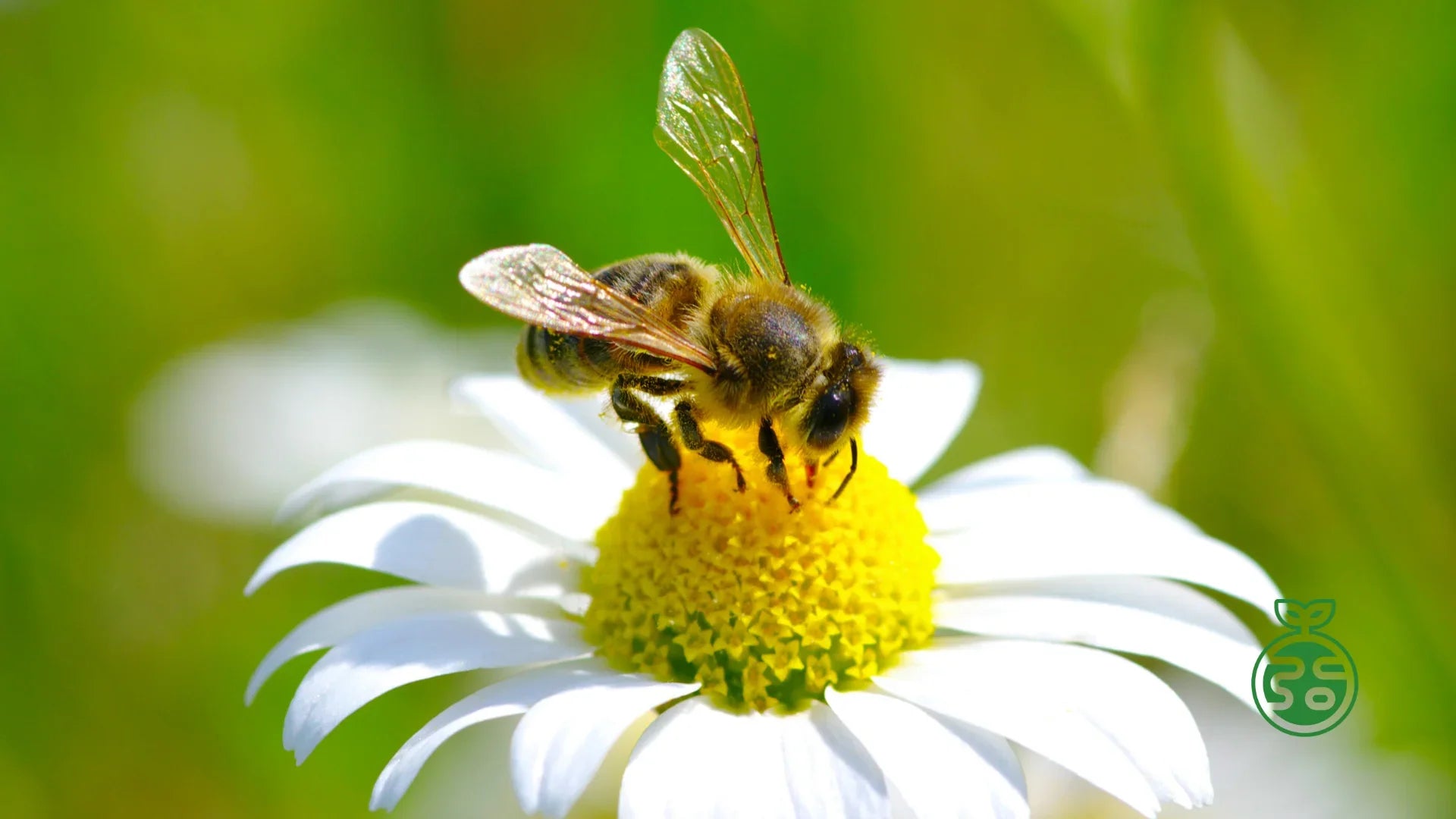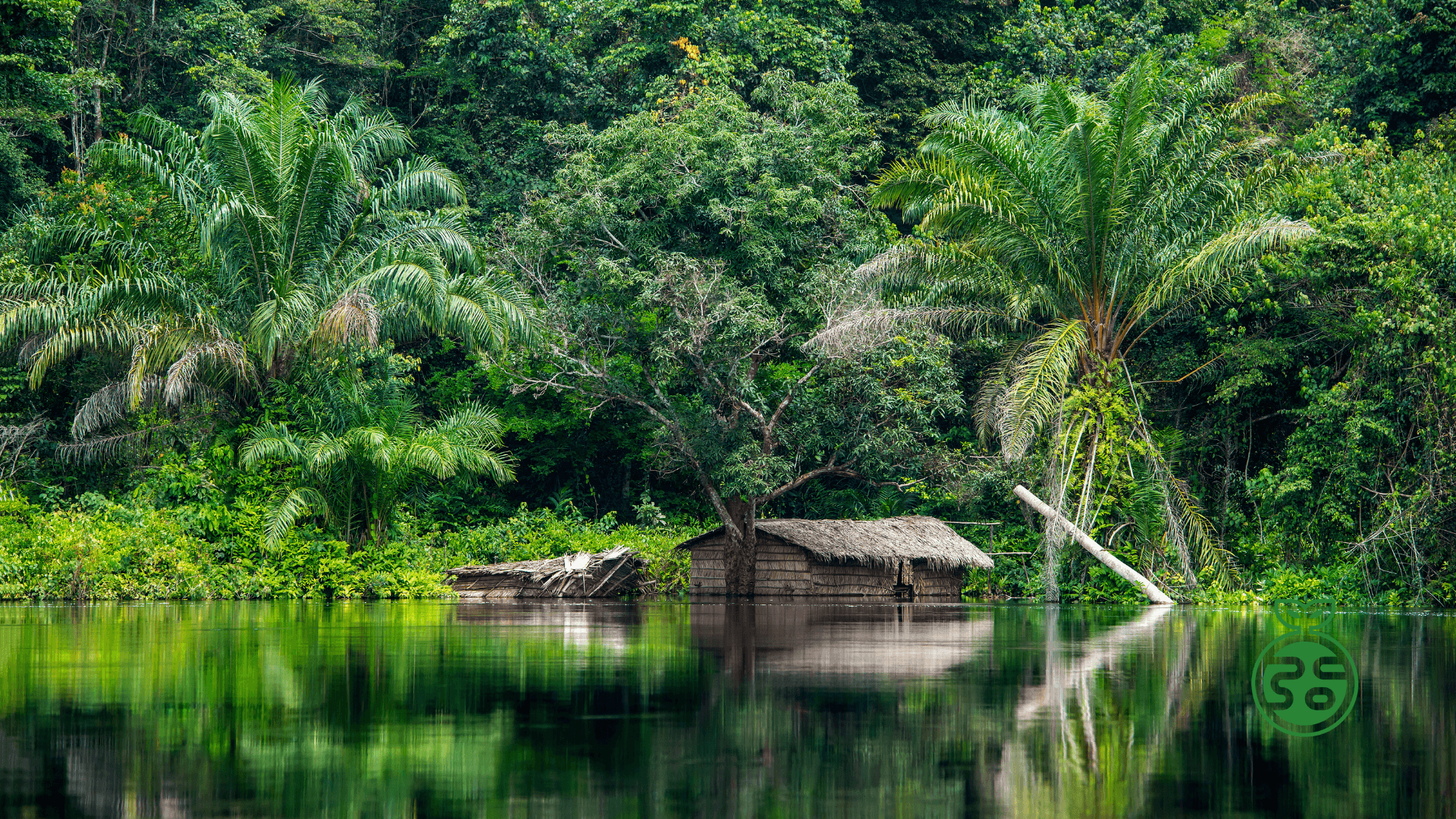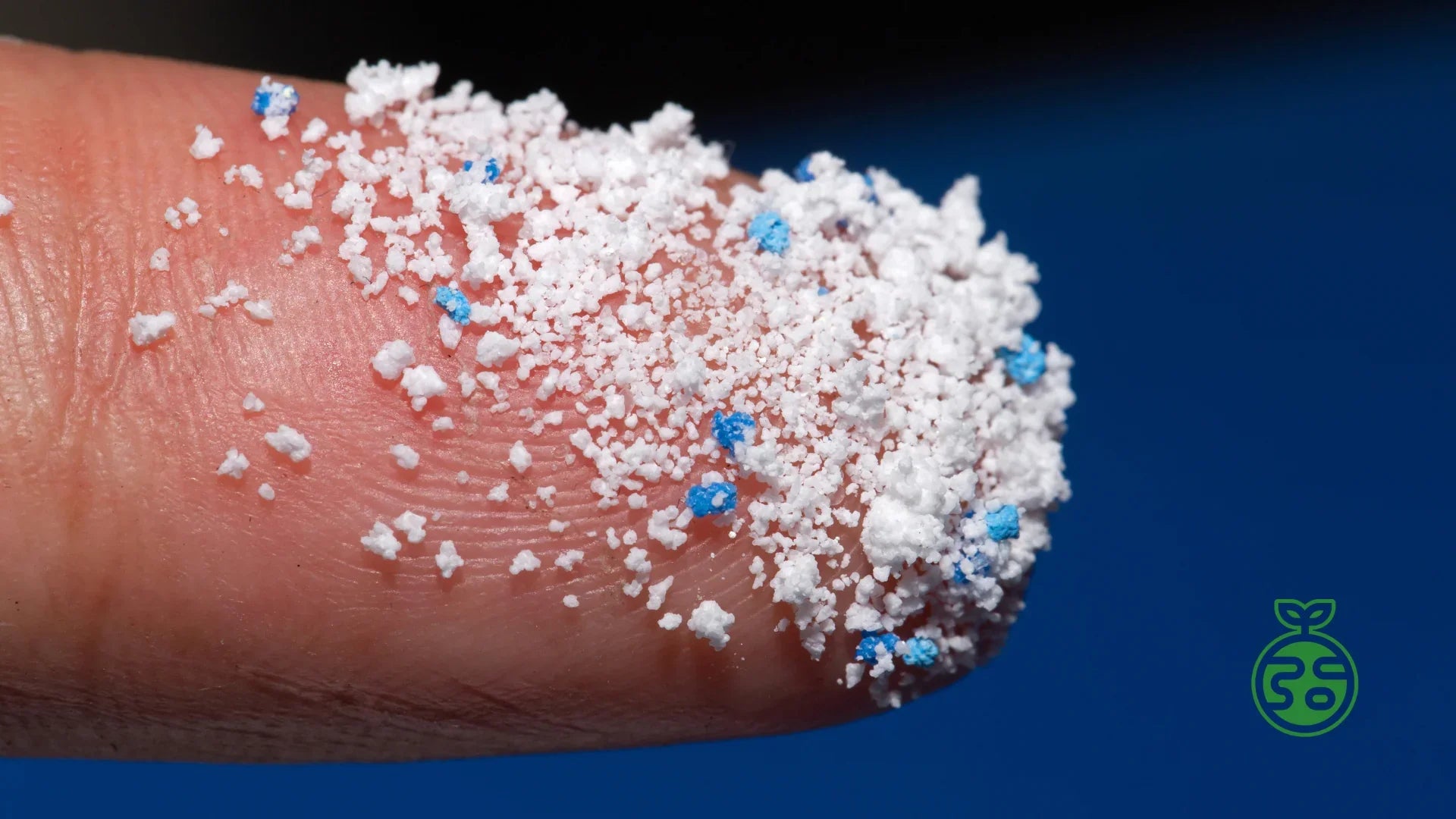
Bees: The Tiny Guardians Holding Our World Together
It’s easy to overlook them. They’re small, quick, and often dismissed as background noise in the symphony of life. Yet, bees are one of the most essential species on our planet. Without them, our ecosystems would collapse, our food systems would falter, and our world would be far less vibrant — in both colour and life.
We see them in gardens, meadows, forests, and even busy city streets, moving from bloom to bloom with quiet purpose. But behind that simple act lies a miracle of nature that sustains us all.
Why Bees Are So Important
Bees are the planet’s most effective pollinators. Roughly 75% of the world’s flowering plants rely on pollinators like bees to reproduce, and more than one-third of the food we eat exists because of their work. This includes not just fruits and vegetables, but also crops that feed livestock, meaning even our dairy and meat industries are indirectly dependent on bees.
Think of apples, almonds, blueberries, coffee, cocoa — foods that are a part of our daily lives. Without bees, their yields would drop drastically, prices would soar, and some could vanish from our diets altogether.
Pollination is also essential for wild plants. These plants form the foundation of natural habitats, providing food and shelter for countless other species. If bees disappear, it’s not just our food supply at risk — it’s the balance of entire ecosystems.
And bees don’t just help plants grow — they keep carbon locked in the soil, prevent erosion, and maintain biodiversity. In short, their role extends far beyond making honey. Bees are essential to keep the planet stable.
How Humans Are Exploiting Bees
Despite their importance, bees face unprecedented threats — many of them created by us.
-
Industrial Agriculture & Monocultures
Large-scale agriculture often relies on monocultures — vast fields of a single crop, like almonds or sunflowers. While efficient for production, these monocultures are deserts for biodiversity. Outside of bloom season, there’s nothing for bees to eat. To pollinate these crops, bees are transported across countries in massive numbers, which stresses colonies, spreads disease, and weakens their immunity. -
Pesticides & Chemicals
One of the most damaging threats comes from pesticides, particularly neonicotinoids. These chemicals are absorbed into plants, meaning bees ingest them when they collect nectar or pollen. Even at sub-lethal levels, they can disorient bees, impair memory, and make it impossible for them to navigate back to their hives — leading to what’s known as Colony Collapse Disorder. -
Habitat Loss
Urban sprawl, deforestation, and intensive farming have stripped away wildflower meadows, hedgerows, and other natural bee habitats. Without safe nesting areas and a variety of plants to feed on, bee populations decline rapidly. -
Climate Change
Shifting seasons are throwing off natural cycles. Flowers may bloom earlier than usual, before bees have emerged from hibernation, meaning they miss crucial feeding opportunities. Extreme weather events also damage habitats and reduce food availability.
Why We Must Act Now
If bee populations collapse, the consequences will be felt everywhere. Our food supply would become less diverse and more expensive. Rural communities dependent on pollination-based agriculture would suffer economically. Wildlife dependent on pollinated plants would decline. And ecosystems would become less resilient against climate change.
It’s not alarmist — it’s reality. The UN has already warned that around 40% of insect pollinator species (including bees) are facing extinction. The loss of bees is a warning sign for the health of our planet.
What We Can Do to Help Bees Thrive
Protecting bees requires action at every level — from governments and farmers to individuals in cities and villages alike.
-
Support Organic and Sustainable Farming
Organic farming avoids harmful pesticides and promotes biodiversity, giving bees safe and healthy environments to thrive in. Choosing products made with organic materials — like Pitod’s 100% GOTS-certified organic cotton — supports this system. -
Plant for Pollinators
Whether you have a garden, balcony, or even a windowsill, planting bee-friendly flowers like lavender, sunflowers, and wildflowers creates vital food sources. -
Avoid Harmful Chemicals at Home
Even small-scale pesticide use in gardens can harm pollinators. Opt for natural ways to control species that exist to naturally balance the environment or create a small eco-system that thrives by itself instead of needing artificial controlling methods. -
Protect Wild Habitats
Advocating for the preservation of meadows, hedgerows, and wildflower corridors ensures bees have places to feed and nest. -
Spread Awareness
The more people understand the importance of bees, the more likely they are to take steps to protect them.
The Bee in Pitod’s Story
At Pitod, bees are not just a motif — they’re a message. Our bee design celebrates their beauty and resilience, but it’s also a call to action. Every garment featuring our bee design is made from sustainable materials, reducing the environmental footprint that contributes to bee decline.
When you wear our bee embroidery or print, you’re not just wearing a design — you’re wearing a reminder of what’s at stake, and a commitment to protect it. It’s a way of saying: I stand with nature, I stand with the bees, and I believe a better world is possible.
Small creatures can create massive change. Bees prove it every day. Now it’s our turn to do the same.



Leave a comment
This site is protected by hCaptcha and the hCaptcha Privacy Policy and Terms of Service apply.